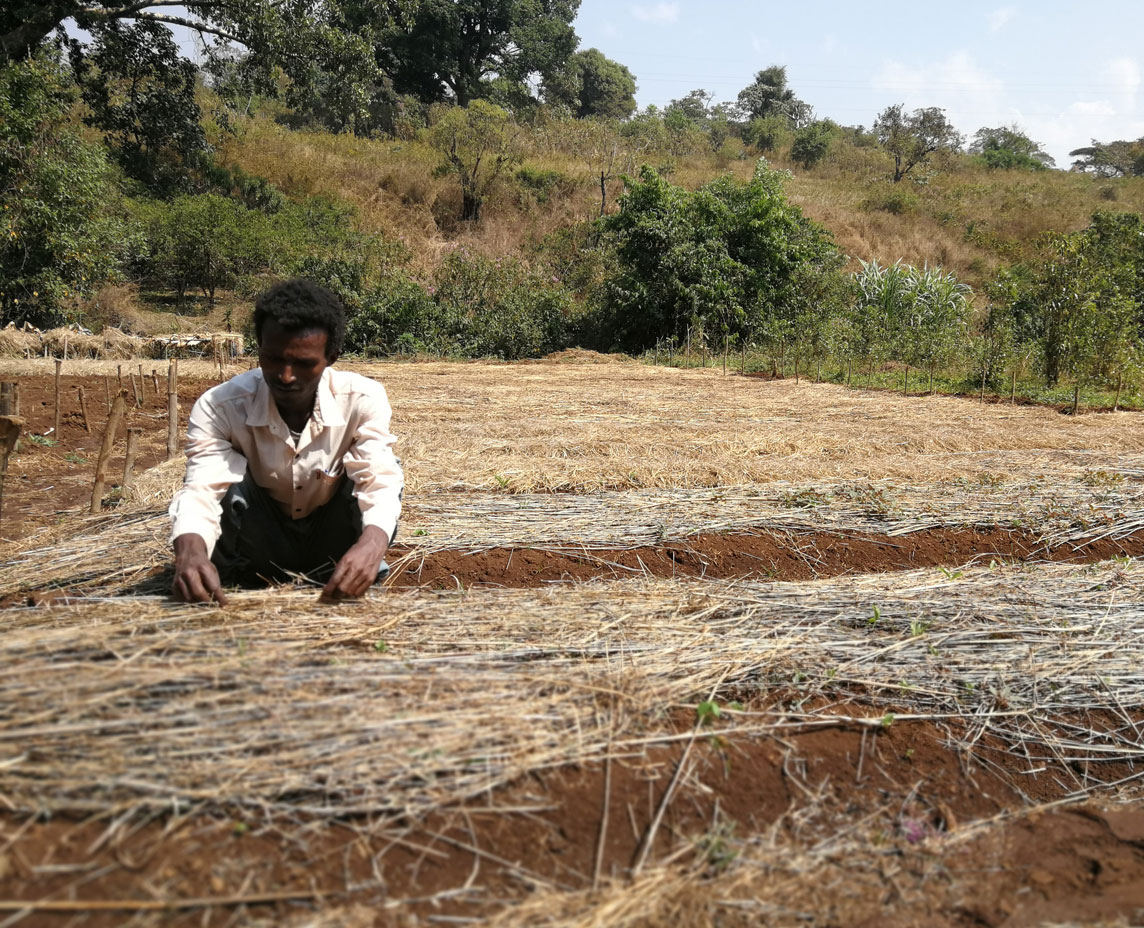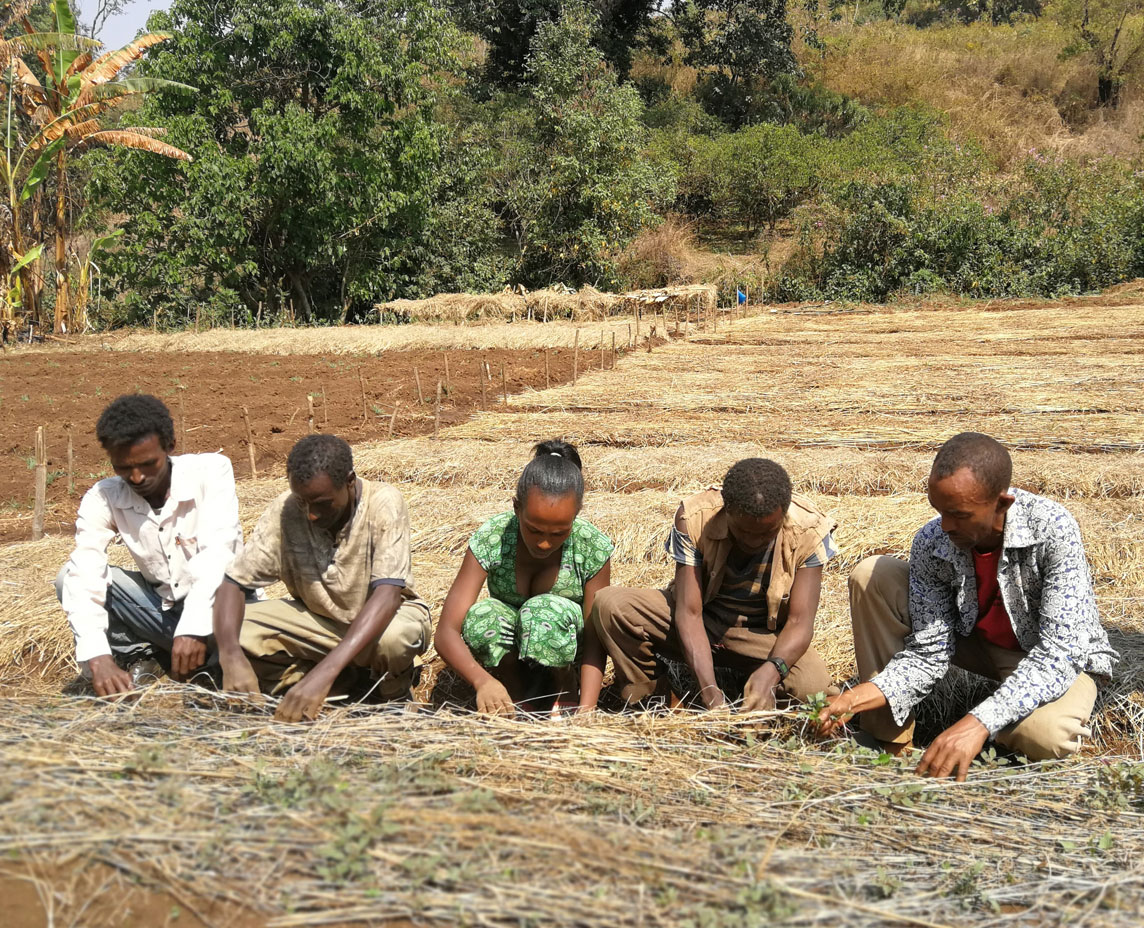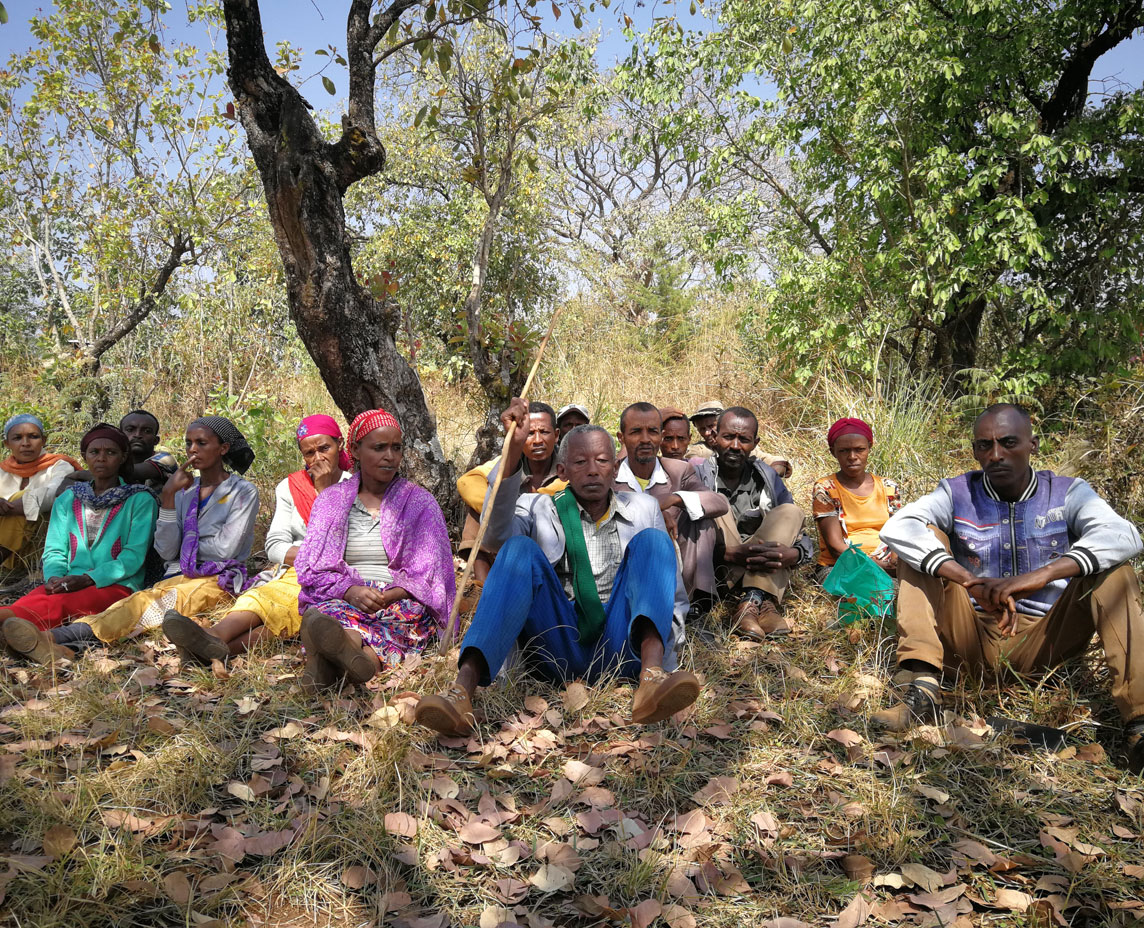On 31 January, the rural development project in Nekemte, in the Oromiya region (Ethiopia), funded by the Regional Government of Valencia, came to an end.
After two and a half years of implementation and in spite of the many challenges that this project has entailed (conflicts, communication cuts, COVID-19, etc.), most of the expected results have been achieved and most of the planned activities have been carried out.
In the Sasiga district of the East Wellega region, mixed farming and livestock production is the livelihood, but production levels were insufficient to meet the needs of families, who suffered from food insecurity for several months of the year.
More than 8,000 small farmers have benefited from the implementation of this project, which among other actions, has alleviated the lack of means to recover the properties and fertility of the soil, or to treat Trypanosomiasis, a disease of cattle that reduces their possibilities for use in the preparation of arable land.
Local public institutions have been involved in management, through monitoring and evaluation, and participation in farmer training.
The project has incorporated a Democratic Governance approach, guaranteeing access to basic social services, rights and gender equality.
In the framework of the project, our Head of Mission in the country, Gerard Poch, made a field visit where group discussions and individual interviews were held with more than 40 rights holders to evaluate the results obtained and the benefits that the project has brought them.
Most of them were grateful and highlighted an increase in their agricultural production and income in the last two years, thanks to the training in agriculture and livestock farming, the provision of fertilisers and seeds, the distribution of livestock and the strengthening of the infrastructure and capacities of the local cooperatives and their members.
They also highlighted how the construction of the four water sources has brought benefits such as reduced time spent fetching water and improved health, as they say they now contract fewer stomach diseases.








